In the midst of Chicago’s Democratic primary for Cook County state’s attorney, election officials uncovered around 10,000 votes that had been mistakenly overlooked due to what was described as “human error.”
This unexpected find significantly impacted the race between Eileen O’Neill Burke, a retired appellate court justice considered a moderate Democrat, and Clayton Harris, a university lecturer with more progressive views.
The Impact of the Found Votes
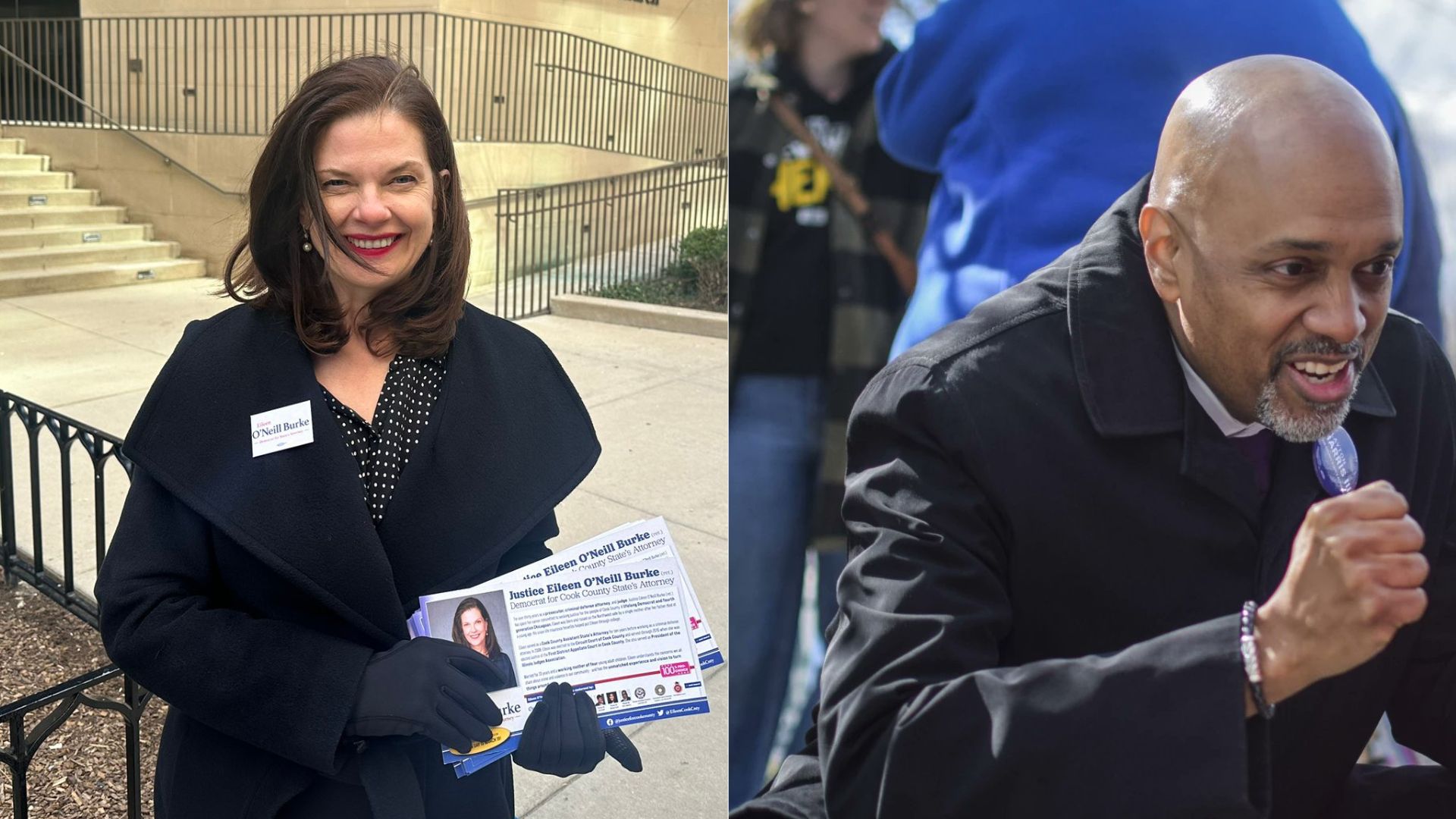
Before the discovery of these votes, early estimates on polling day, March 19, had Harris trailing by nearly 10,000 votes.
However, by the end of Wednesday, the addition of the 10,000 votes dramatically narrowed the race. Unofficial results showed O’Neill Burke leading by a mere 1,598 votes, with the percentages at 50.16% for O’Neill Burke and 49.84% for Harris.
Outstanding Mail-in Ballots Remain Uncounted
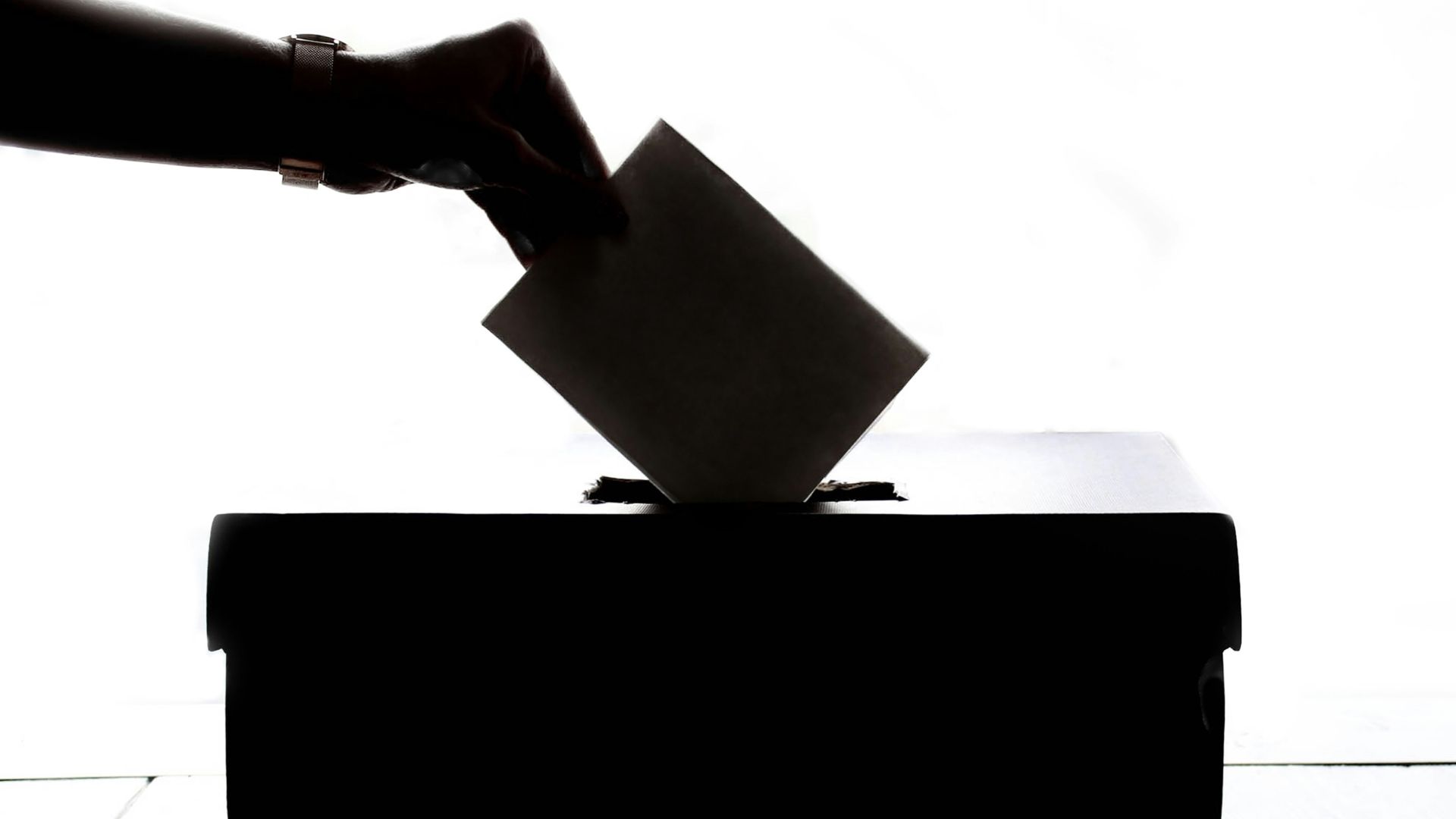
The Chicago Board of Election Commissioners revealed that there were 54,191 outstanding mail-in ballots still out there, sent to voters but not yet returned.
While not all are expected to be received, the official outcome of the race won’t be confirmed until the deadline on April 2nd, leaving the final result in suspense.
Questions of Election Integrity Arise
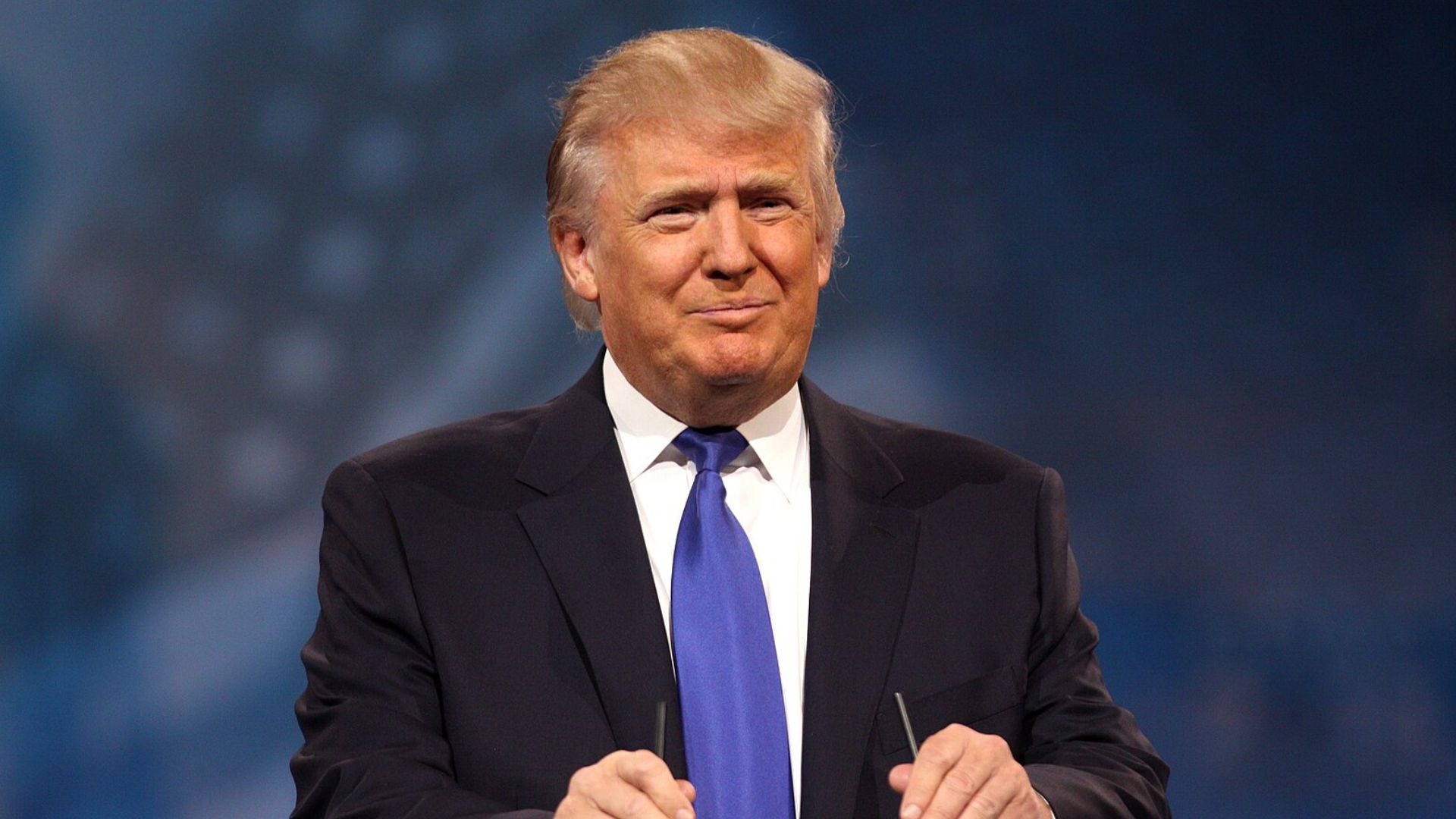
The finding of the 10,000 additional ballots has sparked discussions on social media about the integrity of the election process, especially against the backdrop of Donald Trump’s refusal to accept the 2020 presidential election results.
Trump, the former president and presumptive 2024 Republican presidential nominee, has continued to claim, without evidence, that the contest was rigged against him.
Official Statement on the Error
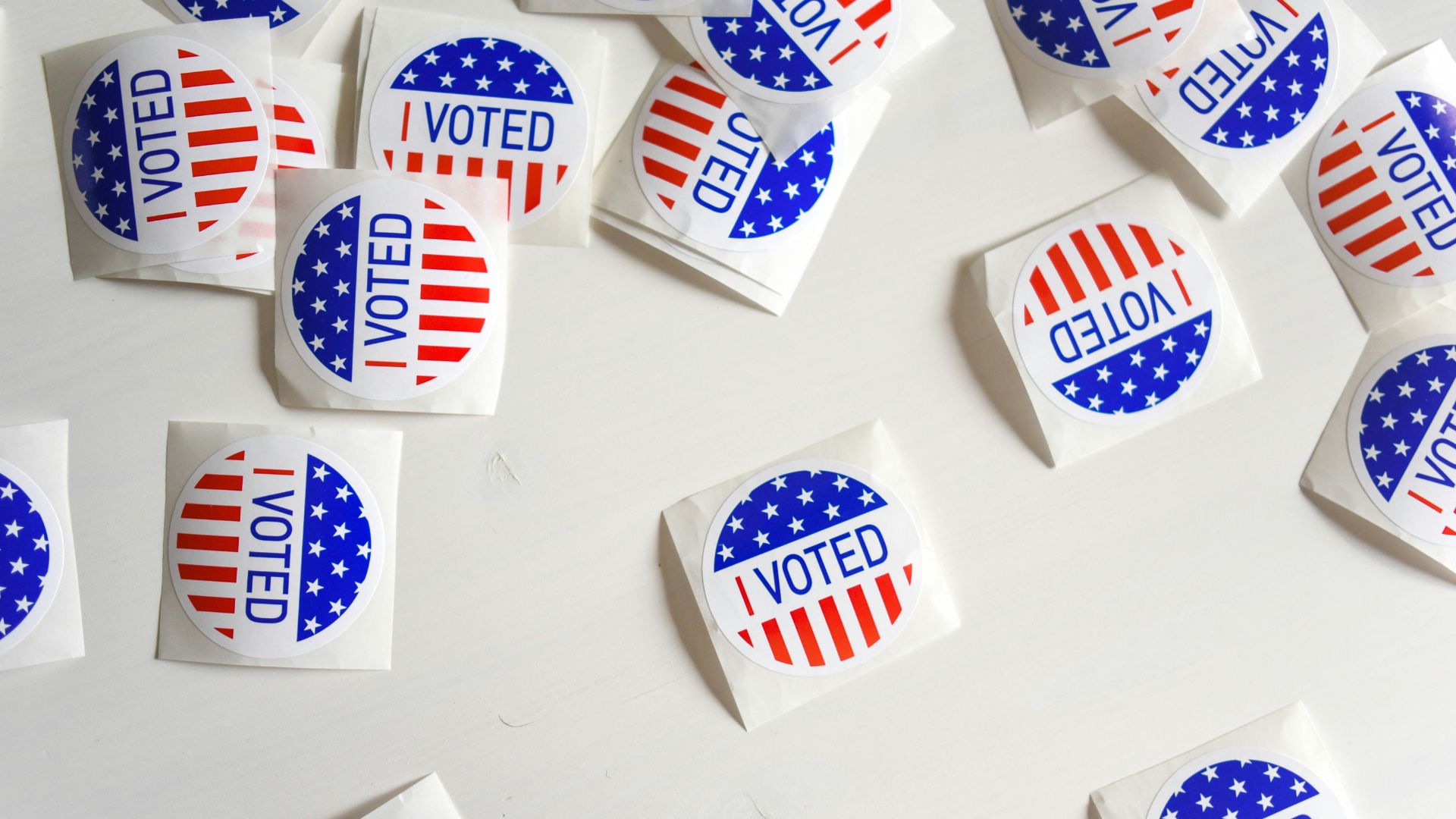
Max Bever, a spokesperson for the Chicago Board of Election Commissioners, acknowledged the oversight.
He said, “I traded speed for accuracy in reporting out numbers this week as quickly as I could. I truly regret this error on my part and for the confusion that it has caused the voters of Chicago.”
Admitting to Human Error
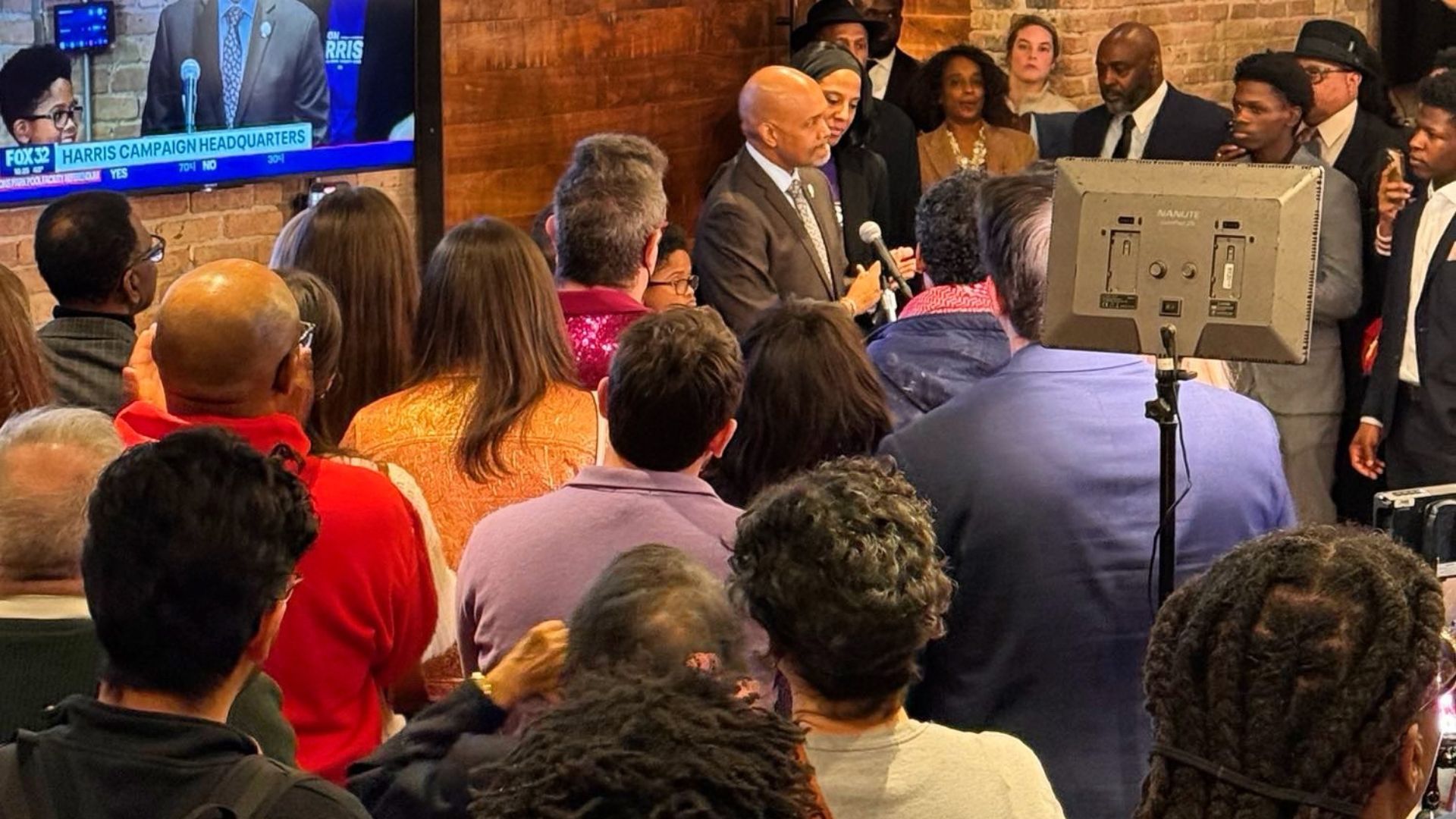
In an effort to clarify the situation, Bever also expressed personal responsibility for the mistake, saying, “You’re looking at a human error and he’s standing in front of you.”
He reassured both campaigns that the ballots initially left out had remained secure throughout the process.
Social Media Reaction
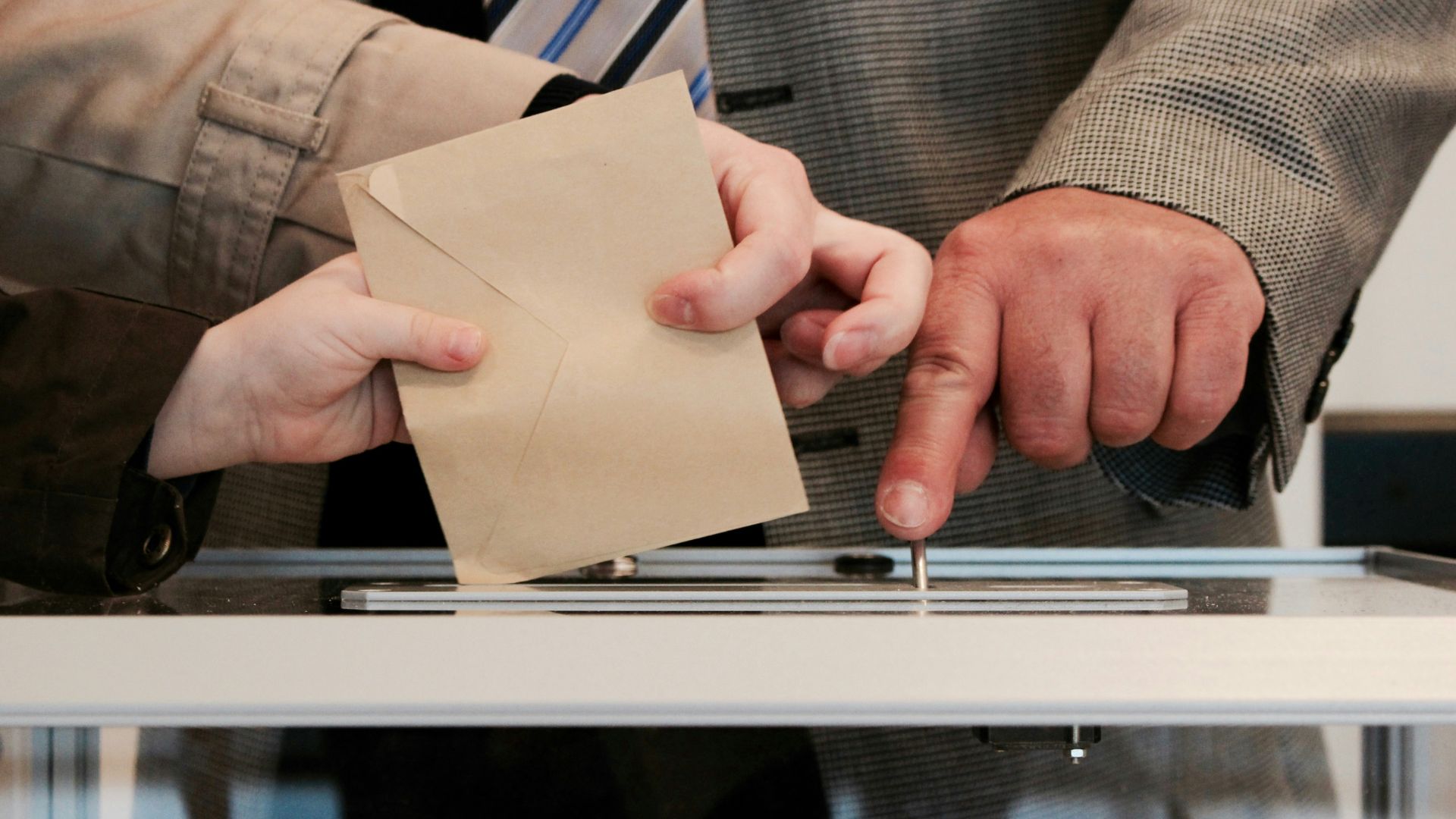
The admission did little to quell the flurry of speculation on social media platforms, where some users suggested the error was indicative of deliberate ballot rigging.
This incident fed into ongoing narratives about election security and the legitimacy of vote counting processes.
Accusations of Manipulation
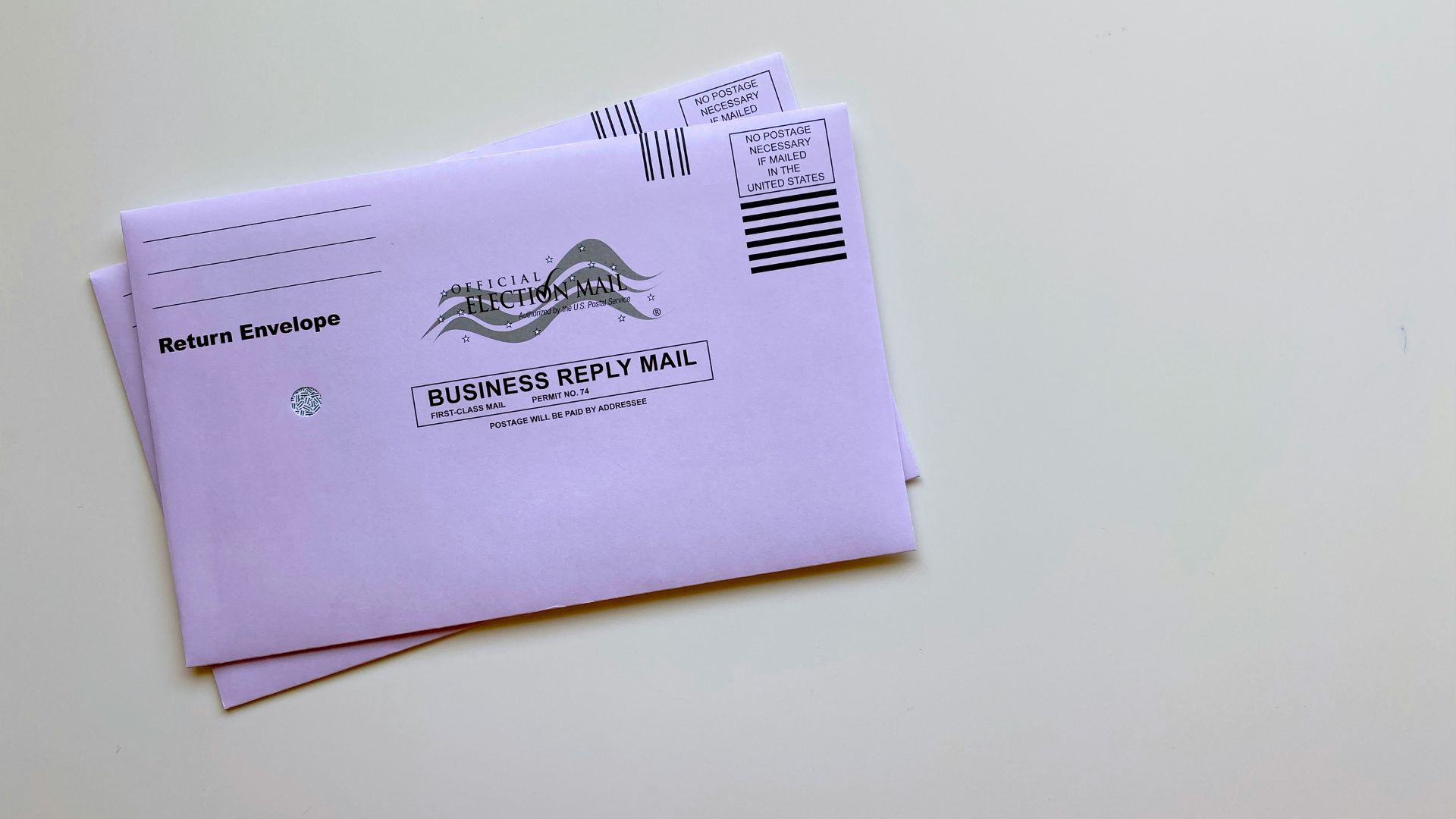
On social media, comments ranged from accusations of Democrats controlling elections to suggestions that officials waited to “figure out the number of votes they need and then they do the ballot dump.”
These comments drew stark parallels to the contentious debates and controversies that followed the 2020 presidential election, reigniting discussions about election integrity and the transparency of the vote-counting process.
The Process for a Recount
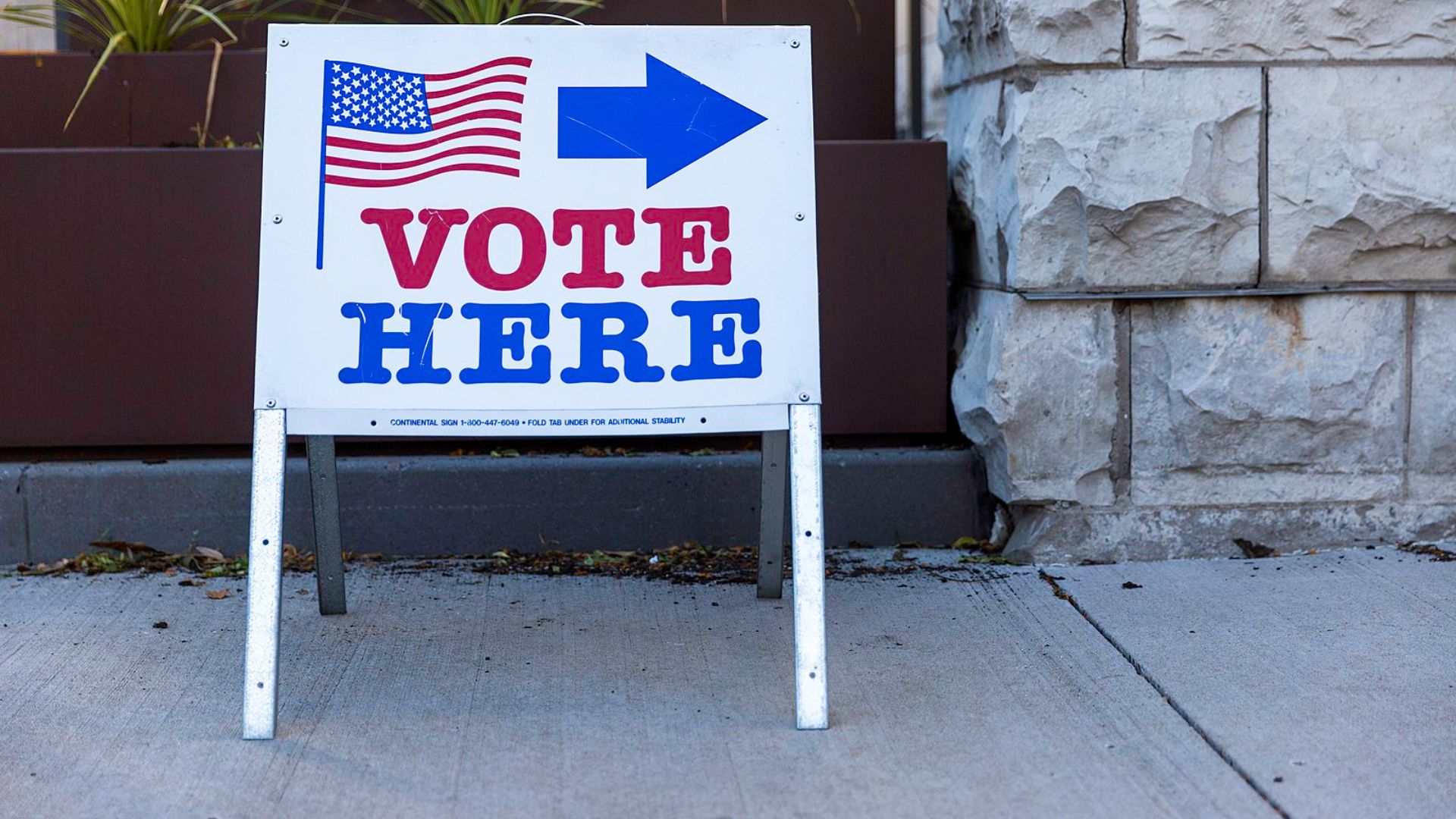
In Illinois, automatic ballot recounts are not mandated by law.
Should any candidate wish to challenge the results, they would need to formally request a recount and agree to bear the associated costs.
Waiting for Every Vote
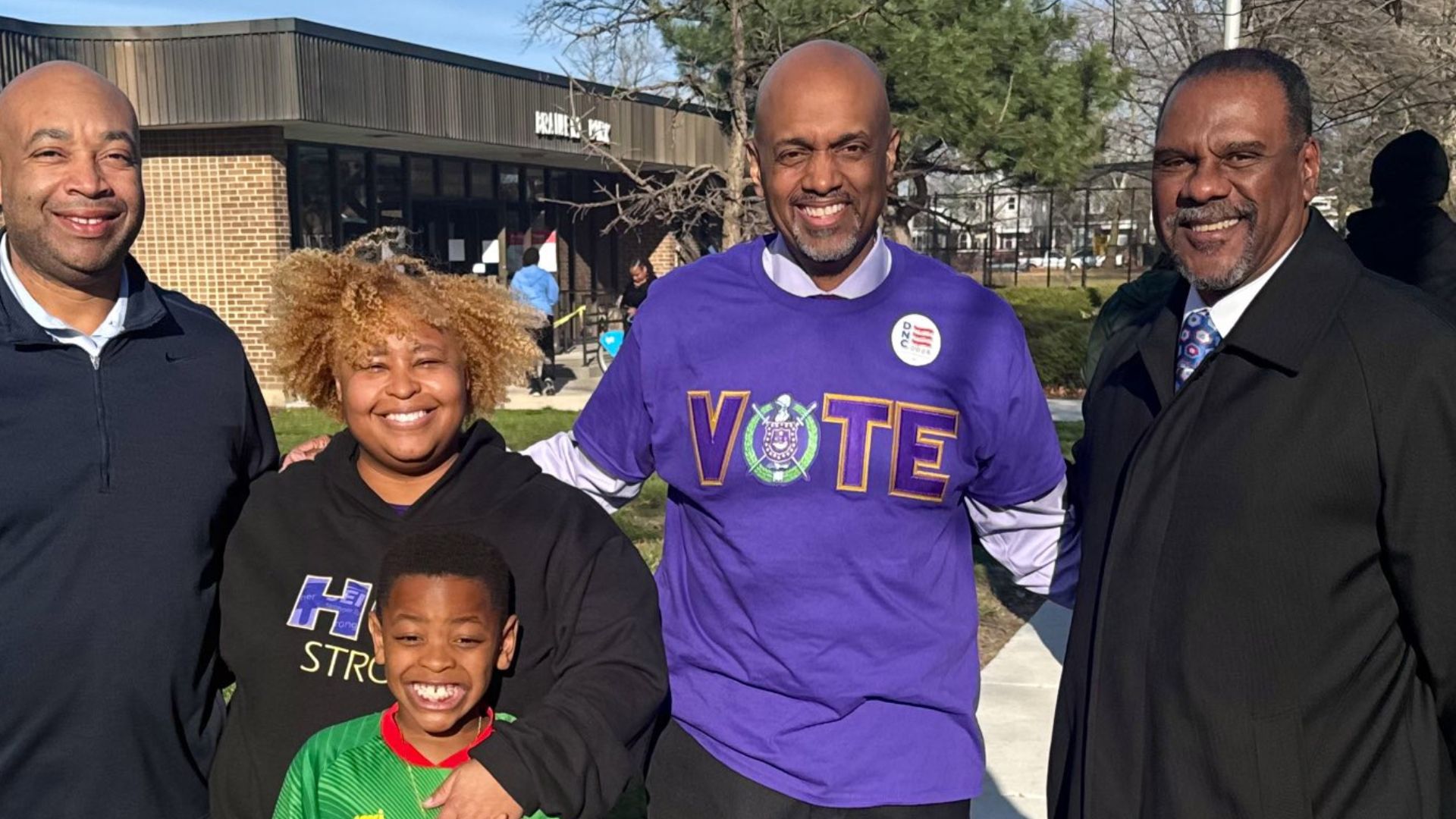
The Harris campaign has emphasized the importance of ensuring that every vote is counted before drawing any conclusions about the race’s outcome.
With the deadline for counting votes set for April 2, the campaign is calling for patience and diligence in tallying every last ballot.
The Contest for Cook County State’s Attorney
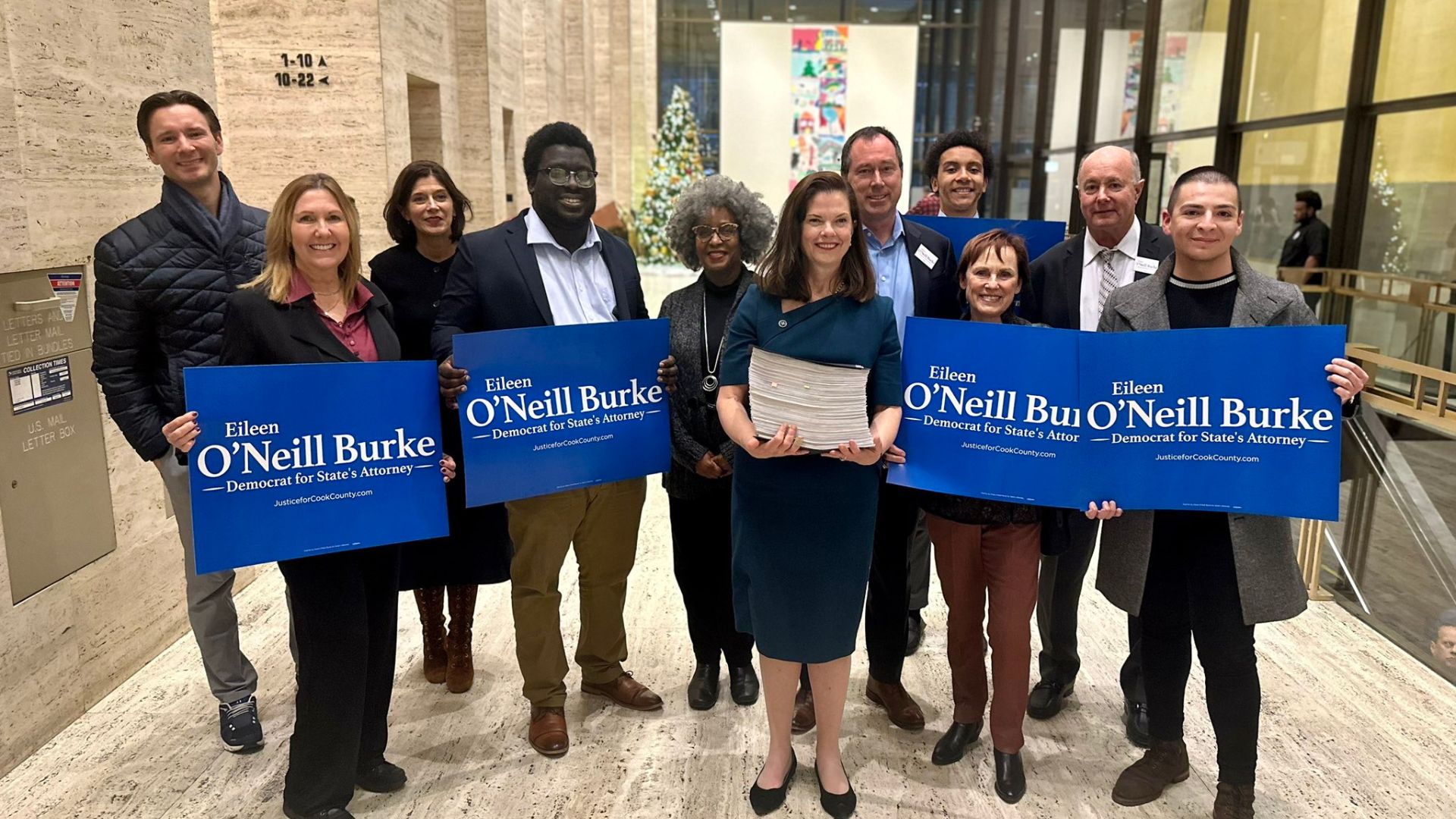
The winner of the Democratic primary will go on to face Republican candidate Bob Fioretti in the November election.
Both O’Neill Burke and Harris are competing to succeed the incumbent Cook County State’s Attorney Kim Foxx, who has chosen not to seek a third term.
National Focus on Election Integrity
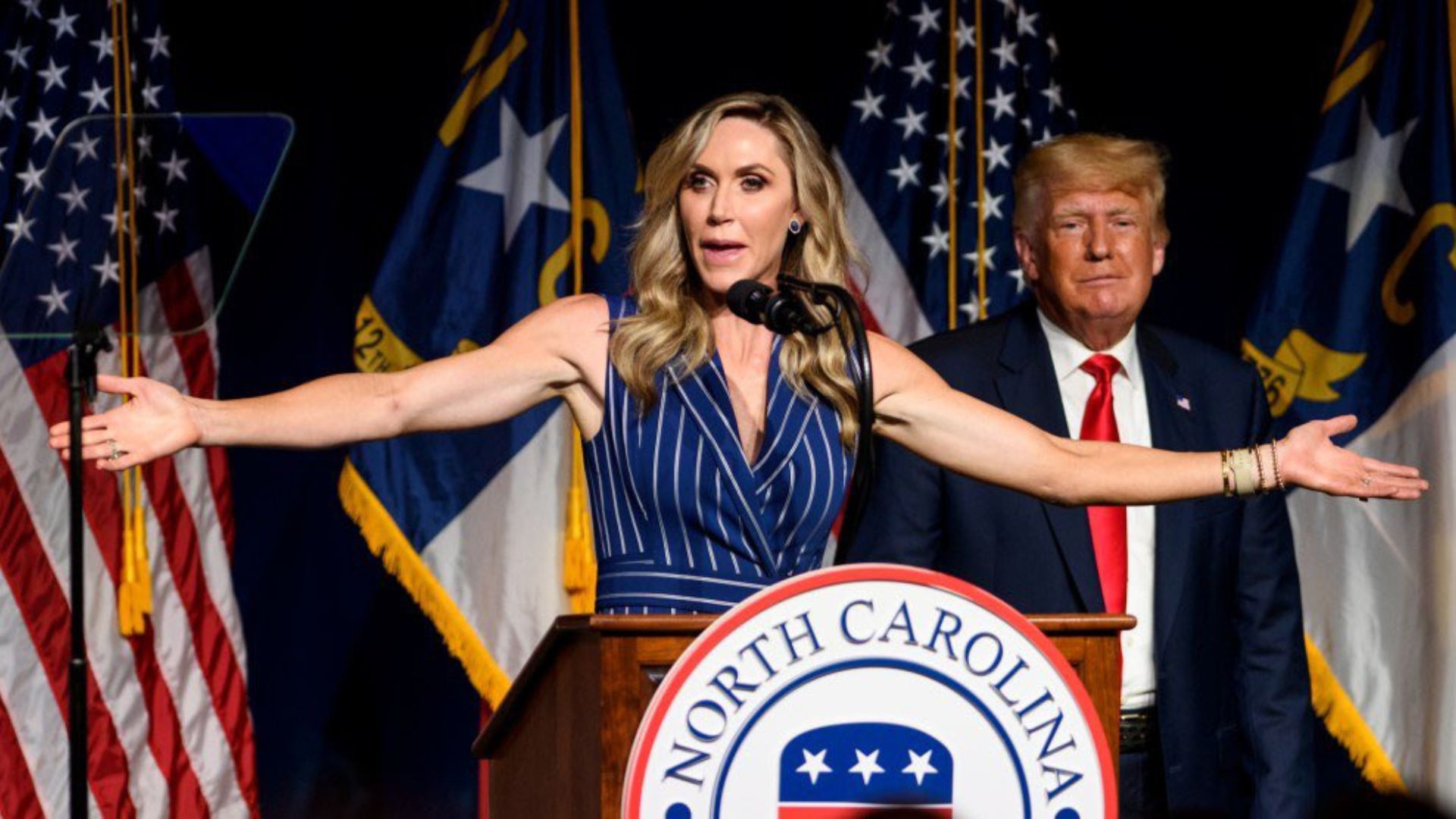
The incident in Chicago has echoed broader national concerns about election integrity. Lara Trump, Donald Trump’s daughter-in-law, announced the creation of a new Republican “election integrity division” aimed at ensuring fair elections through trained poll watchers and observers.
Meanwhile, Ken Block, a technology expert hired by Trump’s 2020 election campaign, stated, “If voter fraud had impacted the 2020 election, it would already have been proven.”
